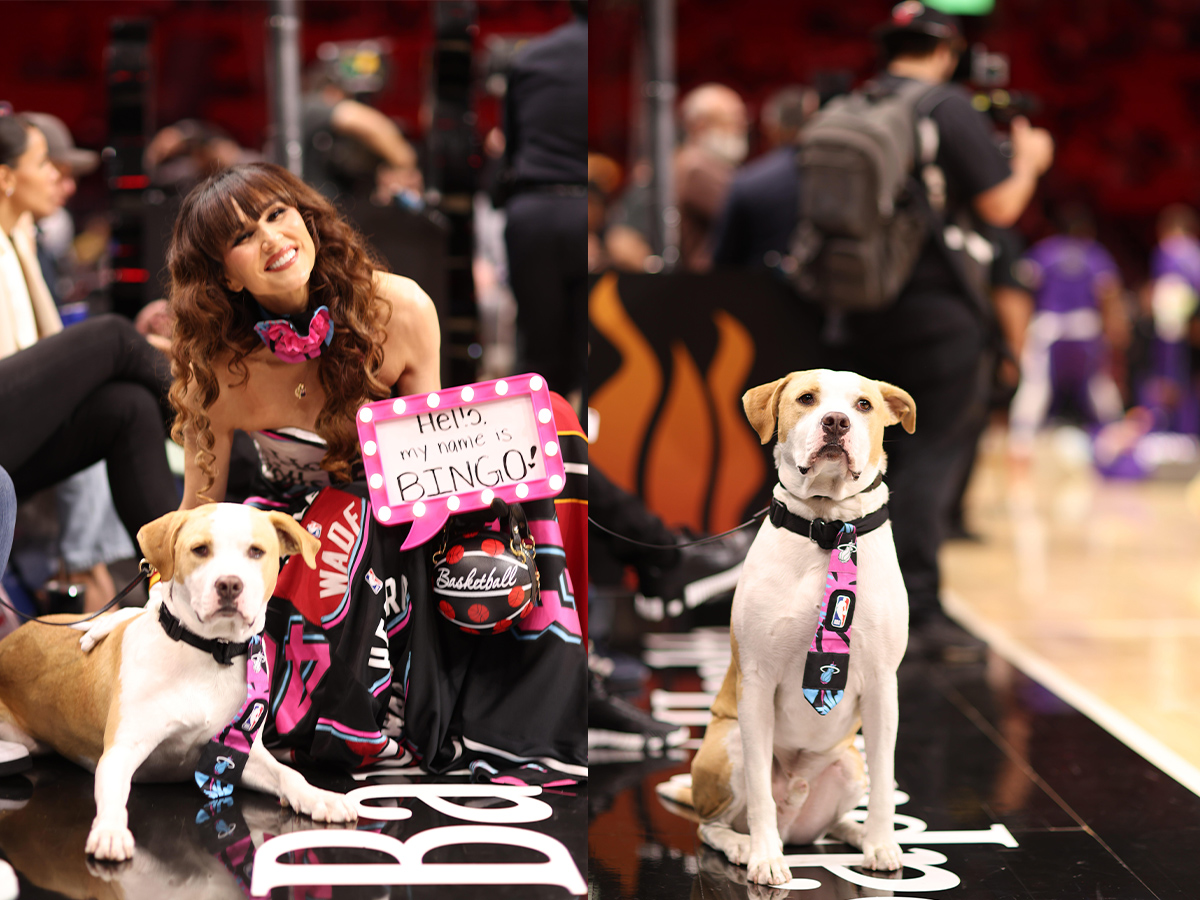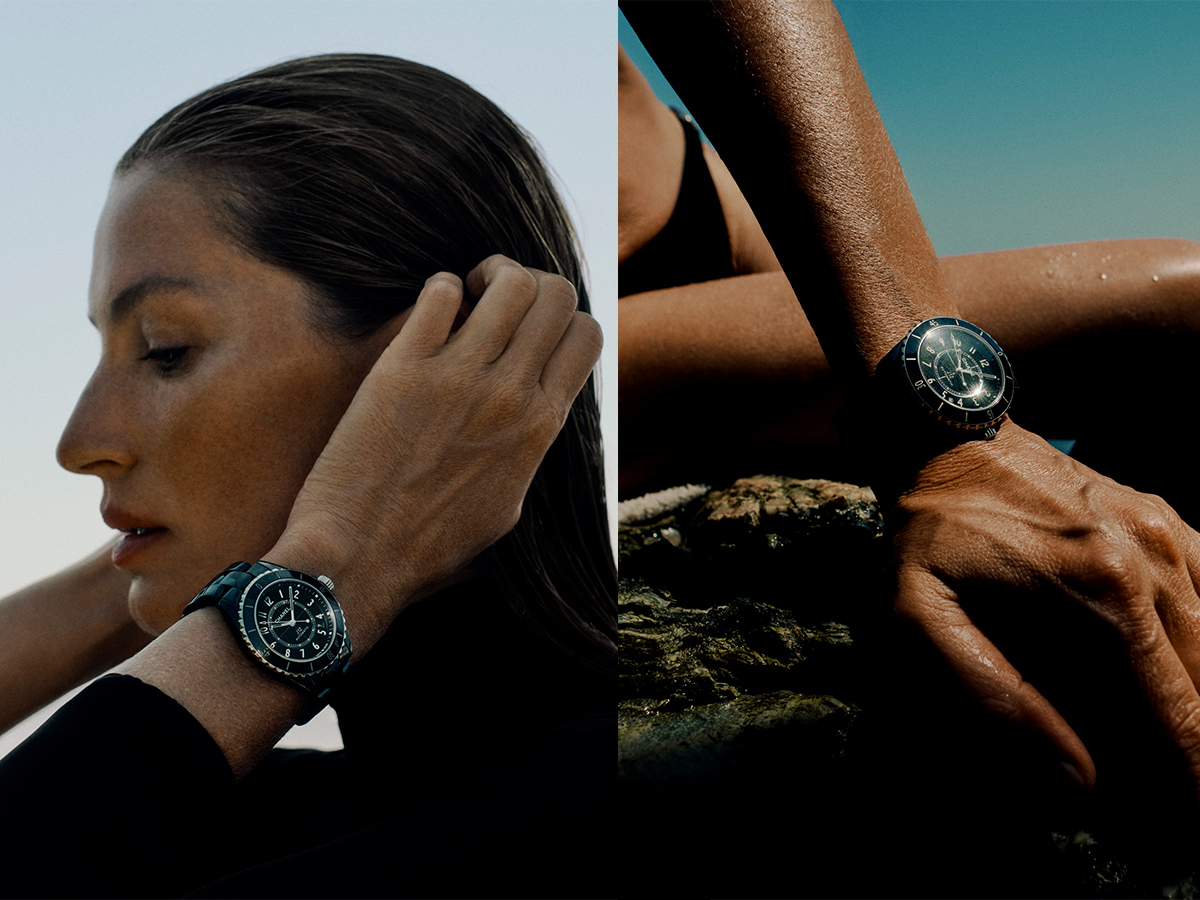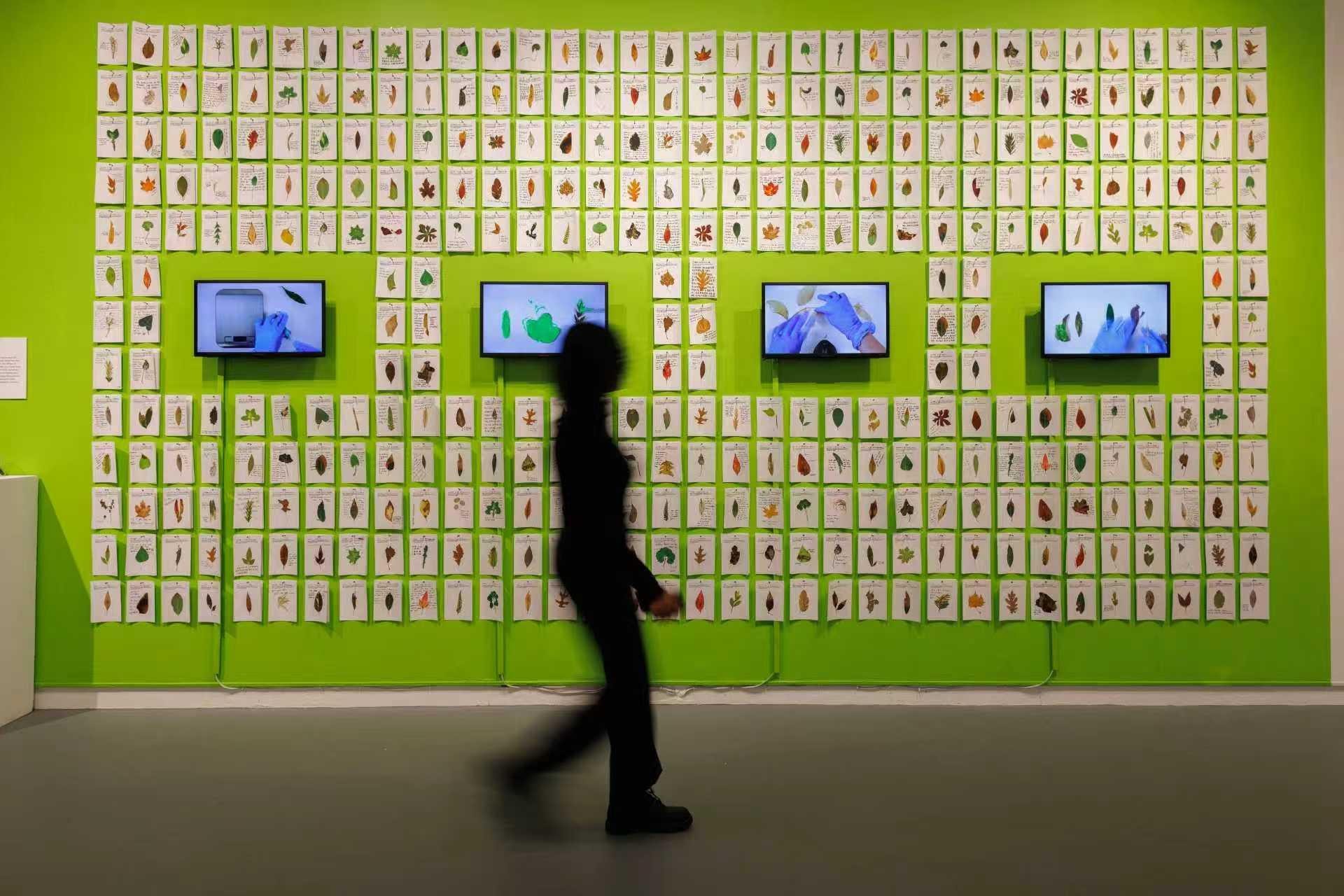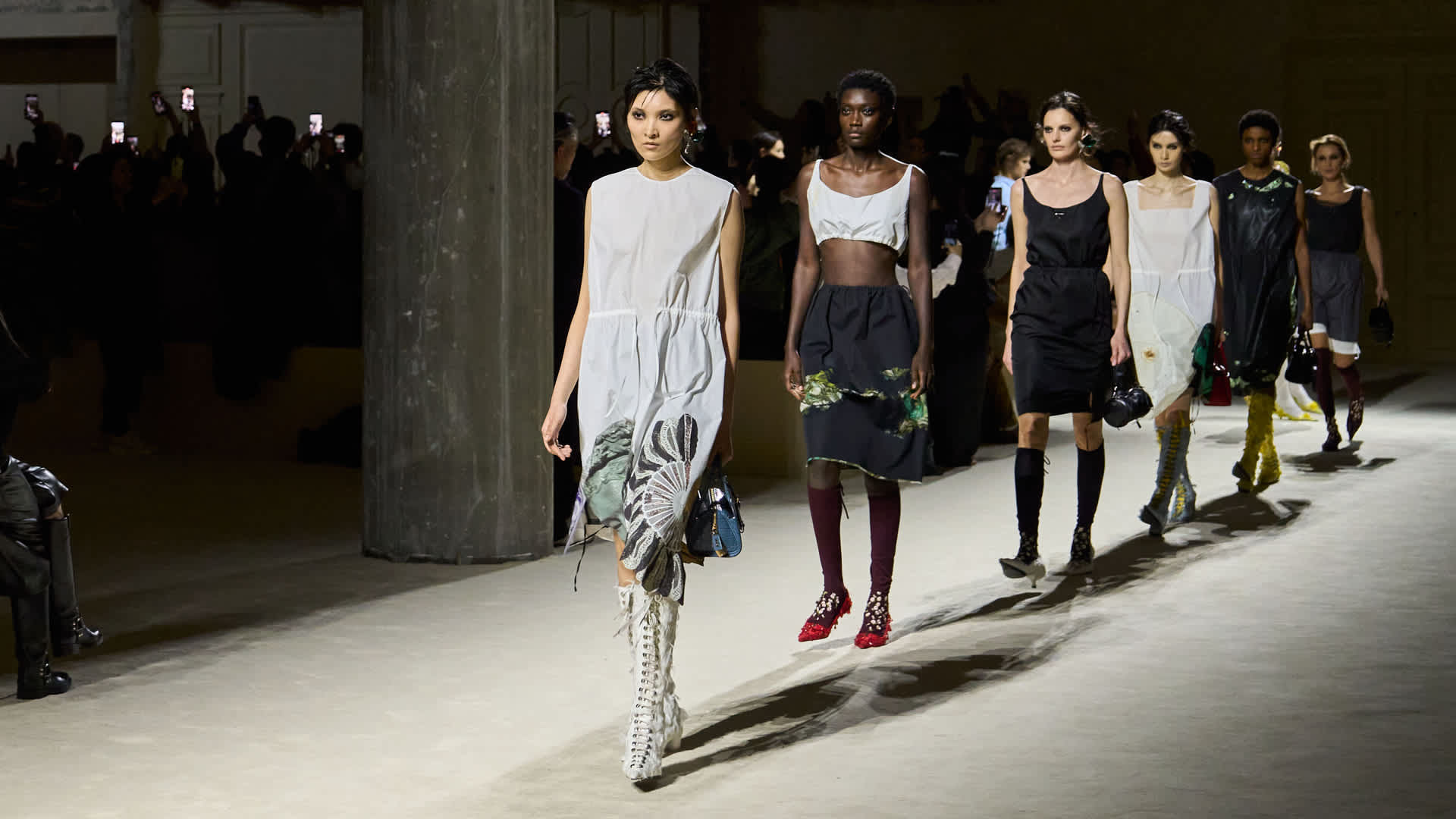The Mystery Behind the Mystique
Hear the name Coco Chanel and there is an instant word association that begins to kick into gear — words like glamour, style, and fashion. These descriptions arise from the image that Chanel created for herself, the icon that she cultivated herself into. But there is also a world of Chanel that most know little of, which involves darker words like orphan, mistress, and poor. The latter themes are the side of Chanel addressed in the film, Coco Before Chanel. Director and screenplay co-author Anne Fontaine chronicles the early days of Coco — really she could have titled it Coco Before Coco, since the film addresses her by her birth name, Gabrielle. Fontaine strives to show the complexity of Chanel, and does so beautifully through the obstacles and hardships that Chanel overcame with her ambition and emotion intact.
In the beginning of the film, Gabrielle and her sister, Adrienne, are shown as cast-off by their father and residing in an orphanage. From there the girls are shown much older (and by the actresses that play them through the majority of the film, Audrey Tatou and Marie Gillian) as music hall singers. One element that is significantly present in the film is foreshadowing — at the orphanage, see Gabrielle’s gaze linger upon the nun’s robe stitching, later in the music hall hear the girls singing about a dog named Coco; and notice Gabrielle as a seamstress, which clearly provides the foundation for her eventual forte.
The film veers away from the standard bio-pic methods and pays attention to detail in the similar fashion of a novel. It is through mannerisms and expressions that the scenes are able to speak much more than the literal dialogue. It’s also ironic to see how much Gabrielle smokes cigarettes and yet is a singer — it seems her vocal cords get some lessons in tough-love. It may sound cliché, but Chanel as a smoker only adds to her character development as a tough cookie that is out to face the world head on. This Chanel is assertive, and sort of androgynous, dressing in hats and men’s shirts and anxious to prove that she can compete with the opposite sex. The movie also involves men in an aspect aside from competition, and that light is in regards to financial stability. In an era where a woman’s monetary relief was directly linked to a man, Adrienne connects with a baron, while Gabrielle/Coco sets out to nab a man with intention to be his mistress. Étienne Balsan (played by Benoît Poelvoorde) is the man who Chanel ends up with, and a tumultuous relation ensues.
Tatou is convincing and hard-hitting as the troubled Chanel, metamorphosing herself into every aspect of the character, from jaded seamstress to multifaceted lover. It seems nothing in Chanel’s life is easy or comes without a significant struggle — and what a refreshing film concept, to be so true to reality. The story behind the woman is fascinating, mostly fueled by how she chose to be empowered by her circumstance, not a victim of it. Fontaine (and Tatou) showcases Chanel’s meteoric rise from classless orphan to a true symbol of couture.












